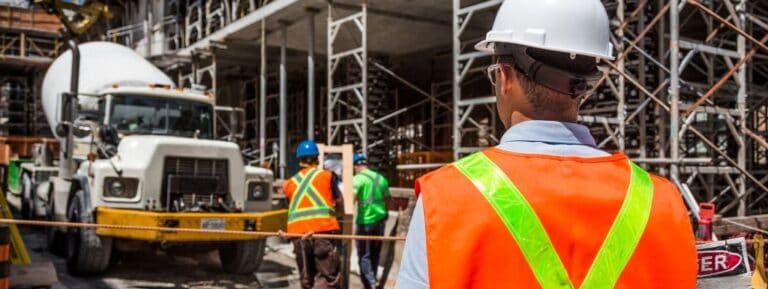In New South Wales, payments in the building and construction industry are regulated by the Building and Construction Industry Security of Payment Act 1999 (NSW) (“the Act”) – referred to more commonly as the security of payment legislation. The Act essentially aims to reduce insolvency in the construction industry and protect both contractors carrying out construction work and suppliers providing goods and services under construction contracts. It does this by imposing strict obligations on parties and instituting a streamlined procedure for the recovery of progress payments.
When the Act applies
The Act applies only where construction work is being carried out under a contract, or where related goods and services are being provided under a construction contract. Contracts that are written, oral or partly written and partly oral are captured by the provisions of the Act. Notably, section 7(1) of the Act specifically provides that the Act will apply even if the contract is expressed to be governed by the law of a jurisdiction other than New South Wales.
Some works, goods and/or services covered include those relating to the construction, repair, maintenance or demolition of buildings or structures, the painting or decorating of the interior or exterior surfaces of any building or structure, and the installation of fittings in any building such as heating, lighting or air-conditioning.
It is important to note that Act does not regulate all construction contracts and will not apply in some circumstances, including where:
- the construction contract forms part of a loan agreement, a contract of guarantee or a contract of insurance with a recognised financial institution; or
- the work is being carried out, or goods and services are being supplied, outside of NSW.
Entitlement to progress payments
Pursuant to section 8 of the Act, a contractor who has undertaken to carry out construction work or to supply related goods and services is entitled to receive a progress payment. A progress payment is defined to include:
- the final payment for construction work carried out (or related goods and services supplied) under a construction contract;
- a single or one-off payment for carrying out construction work (or supplying related goods and services); or
- a payment that is based on an event or date, that is, a ‘milestone payment’.
While a progress payment is payable in accordance with the applicable terms of the contract, section 11 of the Act sets out the maximum deadlines for payment in various circumstances. For example, where a head contractor makes a payment claim to a principal, the payment claim is due and payable by the principal 15 business days after the payment claim was served, or an earlier date if specified in the construction contract.
The amount a contractor is entitled to is determined by reference to the construction contract. In instances where the contract makes no express provision, the progress payment amount should be assessed on the value of the work carried out or goods and services supplied.
Making a payment claim
The initial step for all contractors intending to recover a progress payment is to make a payment claim. Payment claims must be in writing and satisfy the requirements of section 13 of the Act. This includes ensuring that the payment claim clearly states the amount claimed and identifies the work, goods or services the claim relates to.
Any relevant certificates or statements in support of the claim should also be attached. Head contractors should note that is mandatory when serving a claim on a principal to attach a supporting statement declaring that all subcontractors, if any, have been paid all amounts due and payable in relation to the construction work concerned. Failure to provide this statement, or knowingly providing a false or misleading statement is a punishable offence under the Act.
The payment claim must be served within the period specified under the contract or within a period of twelve (12) months after the construction work to which the claim relates was last carried out (or the related goods and services to which the claim relates were last supplied).
Once the payment claim has been served on the relevant person, the payment must be made by the due date.
If you would like to know more about your rights and obligations under BCIPA or need help making a progress payment, please contact Rostron Carlyle Rojas Lawyers on (02) 9307 8900.
The blog published by Rostron Carlyle Rojas is intended as general information only and is no legal advice on any subject matter. By viewing the blog posts, the read understands there is no solicitor-client relationship between the reader and the blog published. The blog should not be used as a substitute for legal advice from a legal practitioner, and readers are urged to consult RCR on any legal queries concerning a specific situation.



